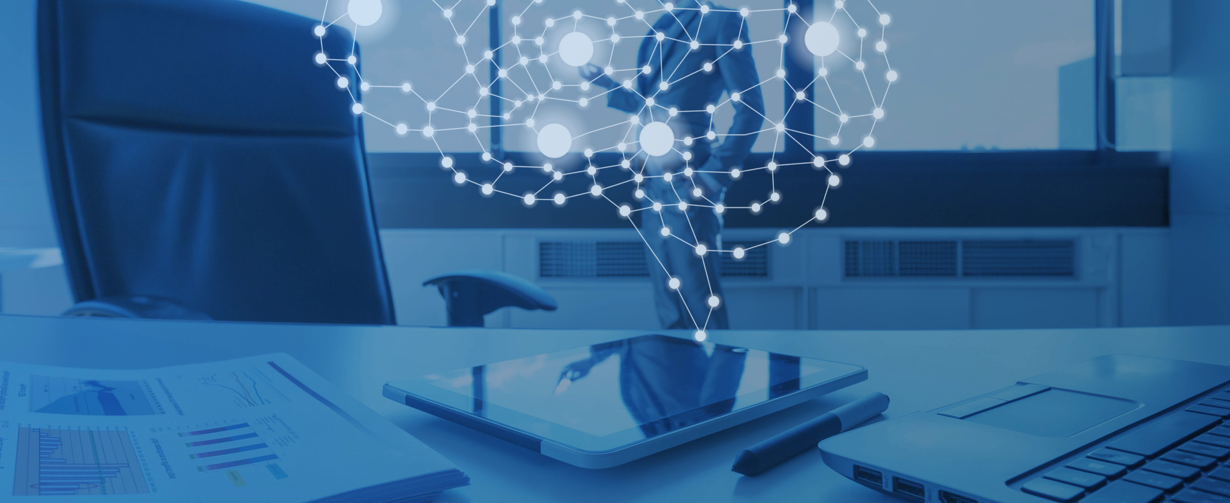Data Science vs. Data Analytics vs. Machine

While the data science vs data analytics vs machine learning vs artificial intelligence debate is creating revolutions across industries, there’s still a considerable amount of doubt that hovers over the two terms. The two are interconnected but have different scopes, follow different approaches, and produce different results depending on your industry.
Organizations are always on the lookout for expert professionals in data science and data analytics, so needless to say the best time to explore and leverage the fields is right now. And here’s where you start! In this article, we’ll talk about the sensational data science vs data analytics vs machine learning vs artificial intelligence debate and also explore the edges of how machine learning and artificial intelligence differ from the two.
Let’s begin!
Data Science vs Data Analytics vs Machine Learning vs Artificial Intelligence: What is the Difference?
It’s 2020, and as our worlds are storming towards machines being less artificial and more intelligent. It has thus become more imperative than ever to learn about the basics that are shaping business decisions, technology, and careers. If you’re someone who’s ever thought of exploring data science vs data analytics vs machine learning vs artificial intelligence or all of them(!) – you’re at the right place! Read along!
What is Data Science?
In today’s day and age, the biggest asset for businesses is data. The more data they have access to, the more insights they can generate. Through data, they can see patterns that no one knew existed. This further helps them to make more informed decisions and stay ahead of the curve. Data science is basically a multidisciplinary field that essentially focuses on extracting insights from large data sets – both raw and structured. The expert professionals known as data scientists bank on computer science, statistics, machine learning, and predictive analysis to establish solutions of questions that are not yet discovered.
The field does not fixate itself with finding specific answers rather strives to ask the right (and relevant) questions. But how do they ask the right questions? Through trends, exploring disconnected sources of data and finding ways to analyze information much more efficiently. Data science is always concerned with finding new patterns and insights that were not known. Data scientists collect data from varied sources, organise that information and extract results. But their work doesn’t end here. They also transform the results they get into solutions and communicate the findings to ultimately lead to effective decision making in businesses.
What Is Data Analytics?
By defining data analytics we’ll come a little closer to understanding data science vs data analytics. Data analytics comes under the purview of data science. It essentially processes and performs statistical analysis on the existing sets of data. So data analytics is not about finding questions but finding answers and gaining insights for problems that we know.
Unlike data science, here we already have a set of questions around which we are supposed to work. Data analytics, though related to data science, is much limited in its scope and is much more specific. It does not aim to look for connections between the data but ways to support the goal in mind. Precisely, data analytics analyzes raw data to make conclusions about that information. The techniques of analytics are used in organizations for making better and informed decisions and by scientists for verifying or disproving theories and scientific models.
What is the difference? – Data Science vs Data Analytics
- Data science is a broader term, much wider in its scope as compared to data analytics. While data science constitutes fields that mine large sets of data, data analytics is much more specific and basically a part of the bigger process.
- Data science aims to uncover insights and find patterns from large datasets. Unlike data science, data analytics is concerned with finding answers and gaining insights to existing questions.
- Data science focuses on asking the right and relevant questions while data analysis focusses on questions that require answers.
- Data science is concerned with predicting the future based on the past patterns while data analysis is about curating relevant and meaningful insights from the data.
- Data science precisely revolves around estimating the unknown whereas data analysis deals with exploring new perspectives of the known.
- Data scientists deal with problems whose solutions will have business value while data analysts deal with business problems.
What is Artificial Intelligence?
Artificial intelligence is nothing but the simulation of human intelligence in machines. AI enables machines to think, learn, and find solutions (solve problems) just like human brains do. AI possesses the power to rationalize like us and take actions that are most likely to accomplish a goal. Through artificial intelligence, machines can execute the desired tasks by imitating human intelligence.
Data Science vs Artificial Intelligence
- Data science deals with pre-processing, analysing, visualizing, and predicting the data. Whereas, AI implements a predictive model used for forecasting future events.
- Data science banks on statistical techniques while AI leverages computer algorithms.
- The tools used in data science are much more in quantity than the ones used in AI. The reason for this is – there are multiple steps for analyzing data and extracting insights from it.
- In data science, the focus remains on building models that use statistical insights, whereas, for AI, the aim is to build models that can emulate human intelligence.
- Data science strives to find hidden patterns in the raw and unstructured data while AI is about assigning autonomy to data models.
Data Analytics vs Artificial Intelligence
- Data analytics deals with finding patterns based on past data to predict future events while AI involves data analysis, making assumptions, and aims to make predictions that are beyond human capabilities.
- Data analytics is about finding patterns in the given data while AI aims to automate the process by giving machines human intelligence.



